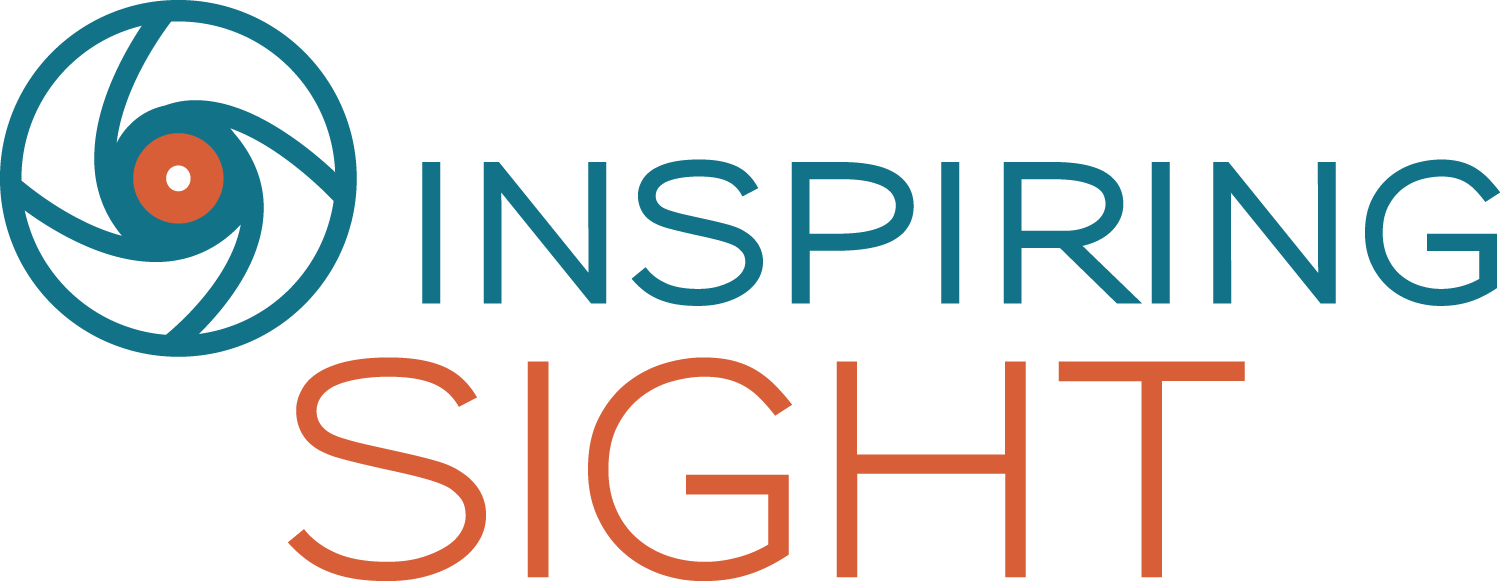Coaching the Executive Brain...or any brain for that matter
The Brain on Coaching
Most organizations avoid scheduling evening events during the final week of a Minnesota summer, assuming attendance will be so low, it might not be worth the effort. That’s not how professional coaches roll, at least not those members of Minnesota’s Chapter of the International Coaching Federation.
On August 28th, nearly 90 professional coaches packed a room at the Metropolitan Ballroom in Golden Valley to hear Ann Betz, CPCC, PCC, CNTC, and co-founder of BEabove Leadership. Not only is Betz a Minnesota native, but she is also an International speaker and trainer on the intersection of neuroscience, coaching and human transformation.
Caffeine was not necessary to keep this evening crowd awake and engaged after a long day of work.
Betz’ belief in what she is preaching was palatable as she energetically used humor, stories, real-life examples, and movement. Her message--the power of understanding neuroscience for helping people create the change they want in their lives.
Betz explored multiple scientifically-proven strategies which coaches can use for helping clients connect to their higher brains, and ultimately, allowing them to more easily manage their reactive tendencies. She used neuroscience to help coaches understand both the positive and negative impacts of stress and more......
Neuroscience is a 50-year-old discipline but has only been in the public mind from the leadership and coaching perspective for about seven years. Betz began her career working with nonprofit organizations and is trained as a professional coach. She began studying neuroscience because her clients wanted evidence that coaching works. As Betz began learning about neuroscience it helped her understand why coaching is possibly the best thing a person can do when wanting to create meaningful and lasting change. Science has discovered neuroplasticity, which means our brains are malleable and can grow, reshape and restructure the neural pathways. This is where coaching comes in.
COACHING AND NEUROSCIENCE
The rational brain operates on reason. Before clients will engage with coaches in activities that allow access to their intuitive brains, coaches need to give their clients’ rational brain a bone—structure, and reason. Once coaches help clients access their intuitive brain, they help build their capacity for creating and sustaining change.
FOUR CHALLENGES OF ACCESSING THE INTUITIVE BRAIN
In the brain, there are two networks: Task Positive Network (TPN) and Default Mode Network (DMN)
These networks are habitual, and one may be stronger than the other based on which was rewarded more often.
1. Task vs. Being
Task Positive Network (TPN) – is good for getting things done and people who can’t activate their TPN have difficulty doing so. If you only coach here, you will only get as far as transactional coaching. If you never spend time here, you and your client will wander and never make any progress.
Default Mode Network (DMN) - When in this mode, you dream, envision the future, develop long-term memory, gauge other’s perspective, understand others, and experience introspection. If you only spend time here, your client will remain in rumination (negative thinking). Task mode helps avoid your DMN. For those who ignore DMN all-together, they miss out on a certain kind of inner-wisdom they are carrying around but not accessing.
2. Willingness to fail/Exploring outside of the comfort zone, do “silly” stuff (play, humor). There is wisdom to be found in the silly and relaxing things. We know that a) Neurons that fire together wire together, b) The more we use a neural pathway, the more developed it becomes, and c) The more developed the pathway, the more automatic it becomes.
“No toddler has every said after they fall-down trying to learn to walk,
‘This walking thing is not for me.’ They just haven’t developed the neural pathways yet.
Coaches help their clients develop and strengthen new neural pathways.” Ann Betz
3. Talking about / Considering emotions
In the end, all decisions are based on emotions. Without access to ones’ emotions, how can you make decisions in a way that best supports you and your organization?
All learning has an emotional base”, Plato
4. Embodiment / Movement
Coaches help clients explore issues in a multi-sensory way. “What does that taste like, how does it feel, what does it smell like?” The more neural pathways we have associated with a specific behavior, the stronger that neural network becomes.
WHY COACHING MATTERS
So why do you need to hire a coach? Can’t you just do this for yourself? Science says the answer is “No!” The neuro-pathways created in your brain are already entrenched based on habits developed over months or years of practice. To un-trench them, it takes something to disrupt the pathway enabling you to create a new one. Coaches and their techniques are that disruptors.
Betz gave attendees a lot more to chew on than what I’m sharing here, just ask anyone who attended.
If you don’t want to miss out on ICF Minnesota’s next event, go to their website and view the ICF Minnesota Event Calendar which is updated regularly. The 2019 Calendar will be out in early December.
“When clients engage, we can go further and deeper with the coaching,
thus, impacting both the client and their organization more profoundly.”
Ann Betz, BEabove Leadership.

